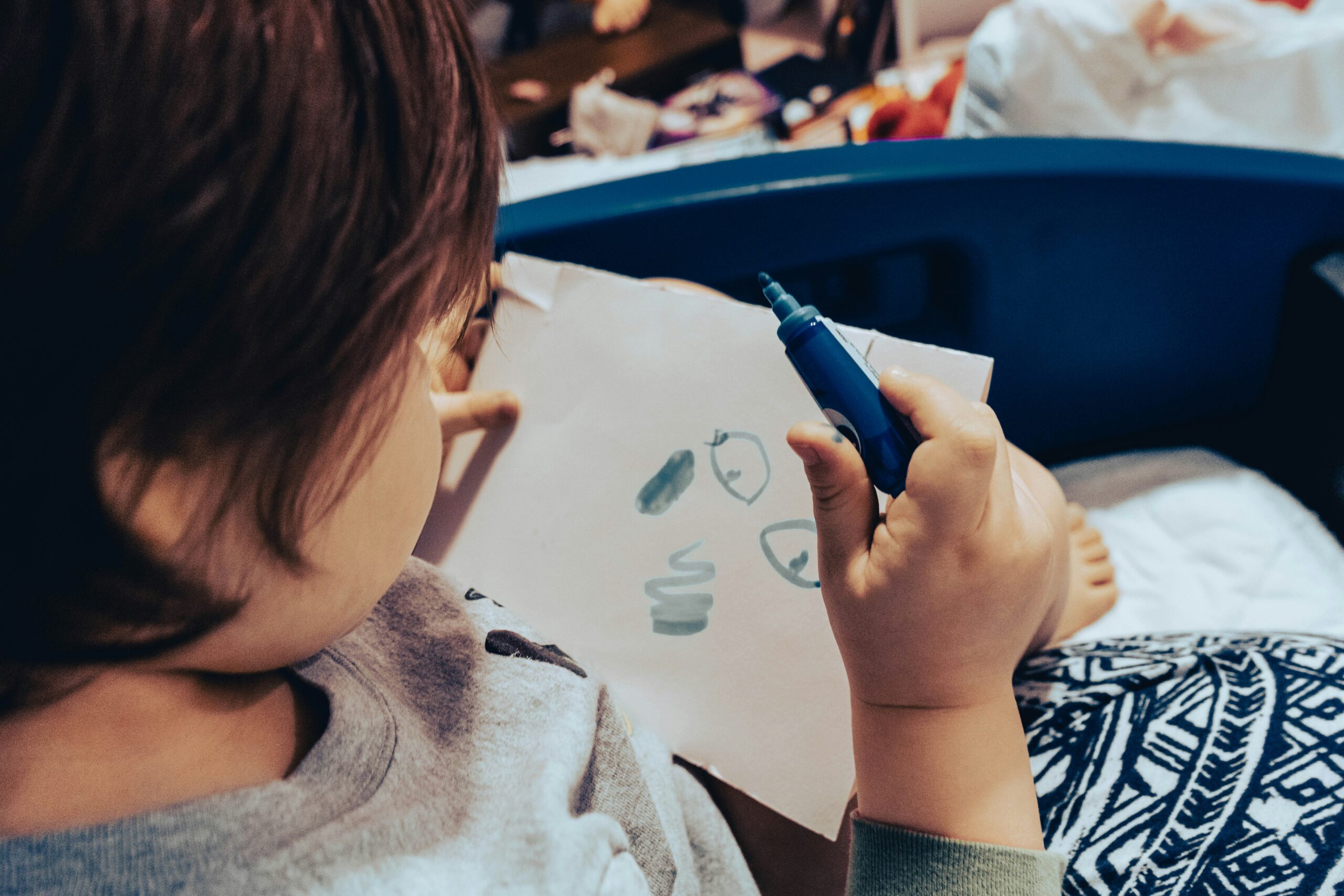Confidence doesn’t suddenly appear when a child enters secondary school or stands on stage for the first time. It begins forming well before that, in their earliest experiences of play, learning, and discovery. The foundations built during these early years have a lasting influence on how children see themselves, interact with others, and also how they approach new challenges.
The Power of Early Experiences
In the first few years of life, kids absorb information at an extraordinary rate. Every story read aloud, every moment spent building towers or mixing colours, and every chance to share ideas with others helps them make sense of the world. When children are guided by caring educators and parents who understand how young minds learn best, these small experiences begin to build self-belief and curiosity.
A well-designed nursery school environment gives little ones the freedom to explore safely, supported by teachers who know when to step in and when to step back. The most effective settings blend structured activities with opportunities for free play, so that children learn to take risks in a secure environment. It’s the kind of healthy balance that nurtures both confidence and independence.
Building Emotional Security
Confidence isn’t just about speaking up or leading a group. It’s deeply rooted in emotional well-being. When kids feel secure and valued, they’re far more likely to express themselves and try new things. That sense of belonging begins with consistent care and strong relationships between teachers, children, and their parents.
Nursery and early years classrooms that focus on emotional literacy, like helping children name and understand their feelings, play a major role here. When children know that their emotions are valid and manageable, they gain resilience. Over time, that emotional awareness forms the backbone of self-confidence that stays with them into adulthood.
Curiosity as a Catalyst
Confidence grows hand in hand with curiosity. A child who’s encouraged to ask “why” and “how” learns that their ideas matter. Through play-based exploration, kids test their theories about the world. Whether they’re experimenting with shadows, counting shells, or storytelling with friends, they’re learning how to think creatively and collaboratively.
This is where a thoughtful early years curriculum makes all the difference. It offers structure without limiting imagination, providing the right blend of academic focus and joyful discovery. Educators who truly understand this balance help children to feel proud of their progress and excited about what comes next.
Exploring What to Look for When Choosing a Fantastic Early Years School
Parents often ask what defines a “good” early years setting. The answer lies less in the décor and more in the atmosphere, such as the feeling you get when you step inside. Warm, welcoming classrooms filled with purposeful activity tell you a lot about how children learn there.
Look for educators who treat each child as an individual rather than just part of a group. Strong early years teachers understand that every child has their own pace and style of learning. They adapt lessons to suit those differences, building confidence through small, achievable successes.
Outdoor spaces are another key indicator. Whether it’s a small garden or a larger outdoor learning area, access to fresh air and physical exploration helps kids develop coordination, social skills, and a sense of independence.
Finally, communication with parents is vital. Schools that actively involve families in learning by sharing updates, celebrating milestones, and discussing progress create a collaborative environment that benefits every child.
From Small Steps to Big Achievements
When early years education gets it right, the results reach far beyond childhood. A child who learns to persevere with a tricky puzzle or to share an idea with the group is developing skills that last for life. These early triumphs are where confidence takes root.
Teachers who celebrate effort, not just outcomes, send a powerful message: mistakes are part of learning. That mindset encourages children to take initiative, solve problems, and adapt. These qualities remain invaluable as they move into primary school and beyond.
A Journey That Begins Early
Parents choosing a nursery or pre-prep setting are doing more than selecting a school. They’re helping shape the foundation of their child’s future. Confidence, curiosity, and emotional well-being aren’t subjects on a timetable. They’re woven through every story told, every friendship formed, and every imaginative adventure.
A nurturing early learning environment helps children develop that quiet assurance that they are capable, valued, and ready to take on the world. It’s a journey that starts small, with gentle encouragement and joyful discovery, but the effects echo through a lifetime of learning.

